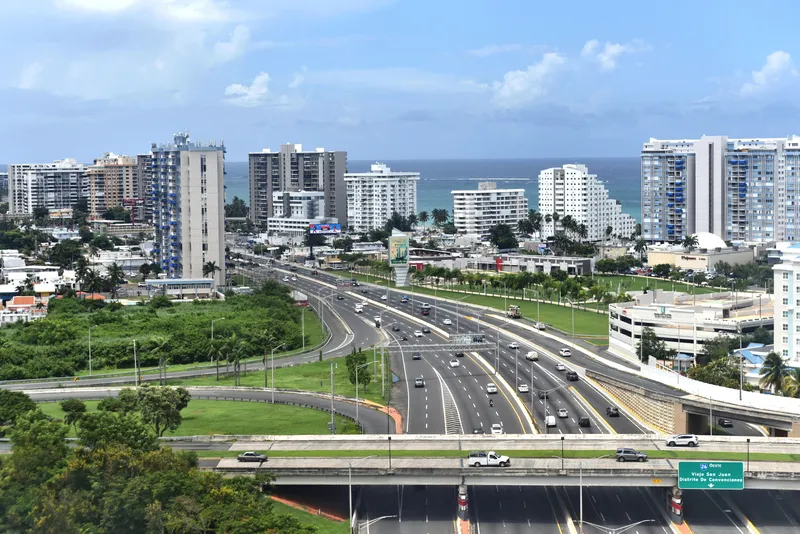
ST Engineering has secured a smart mobility project in Taiwan's Kaohsiung City and an Internet of Things (IoT) contract in Rio de Janeiro, Brazil.
Chew Men Leong, president of urban solutions at ST, says: “Importantly, our solutions are helping cities pave their way to a more connected, resilient and sustainable future.”
The ST smart mobility business is to be awarded a $445 million contract by the Kaohsiung City Mass Rapid Transit Bureau.
The company will provide turnkey rail services comprising smart metro solutions, trains and a power supply system for the Kaohsiung MRT Red Line Extension, over a seven-year period. The 13km extension line consists of six elevated stations with an option for two additional stations.
As part of this deal, ST will be responsible for providing the communications and supervisory control and data acquisition systems, automatic fare collection system, platform screen doors, and signalling system.
In Rio de Janeiro, ST is to serve as a technology partner to the Smart Luz consortium in a city-wide smart street light control project.
It will deploy its telematics wireless T-Light Galaxy Smart Street Lighting solution with Agil IoT platform to connect more than 300,000 LED street lights.
ST says its platform can manage more than 25,000 devices and sensors to enable Wi-Fi hotspots, waste management and traffic junction sensing for future smart city applications.
Work will start in the fourth quarter of 2021 for a period of two years.
The Smart Luz consortium was awarded the Rio de Janeiro Public Lighting public-private partnership (PPP) concession to operate, maintain, expand and modernise the city’s public lighting infrastructure for a period of 20 years.
Yan Herreras Yambanis, vice president of finance at Smart Luz, says: “The Rio de Janeiro Public Lighting PPP project will be the largest integrated smart city deployment in Latin America, and will have a transformational impact as well as long-lasting and continuous benefits for the sustainable development of the city of Rio de Janeiro and its population.”
Smart Luz consists of streetlighting firms Salberg, Proteres Participações, IoT company HTI as well as consulting firms Arc and Green Luce.








